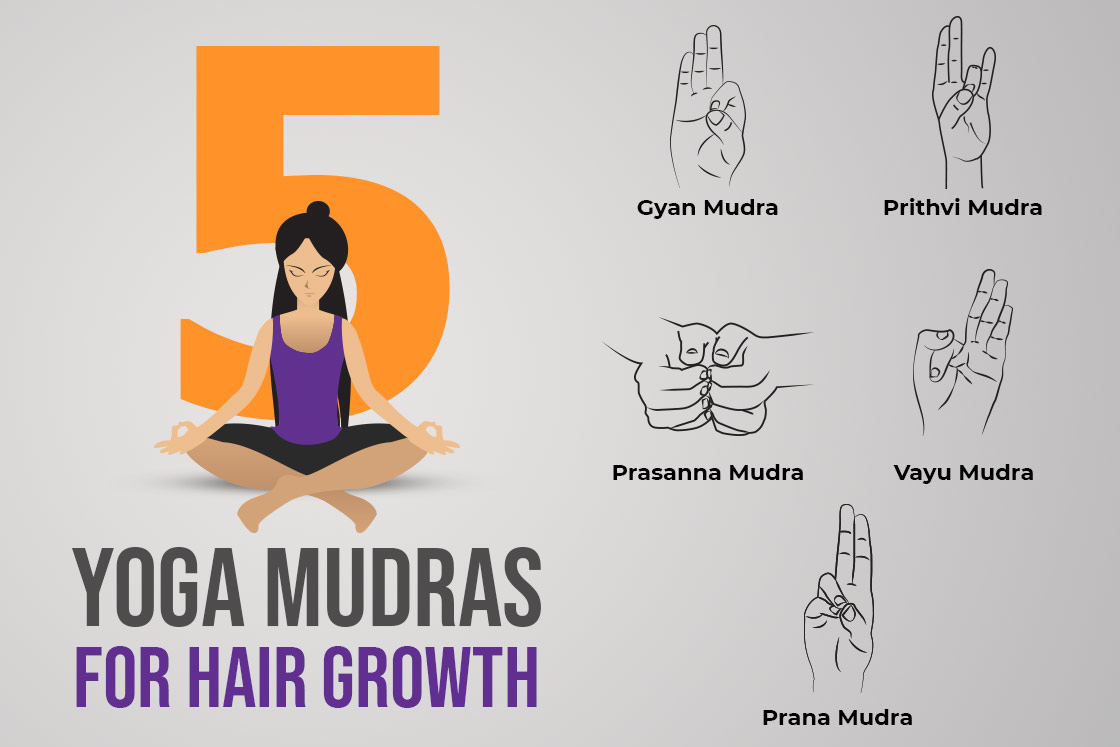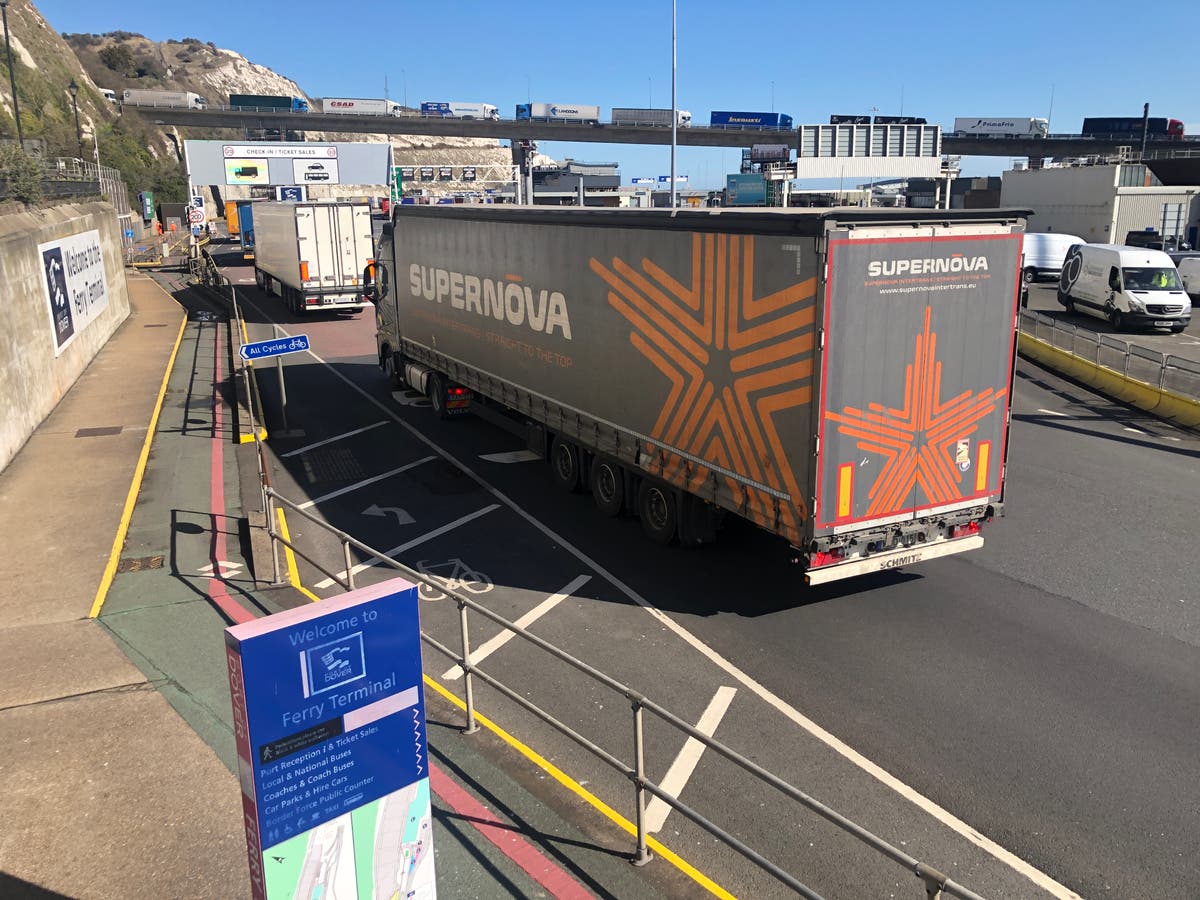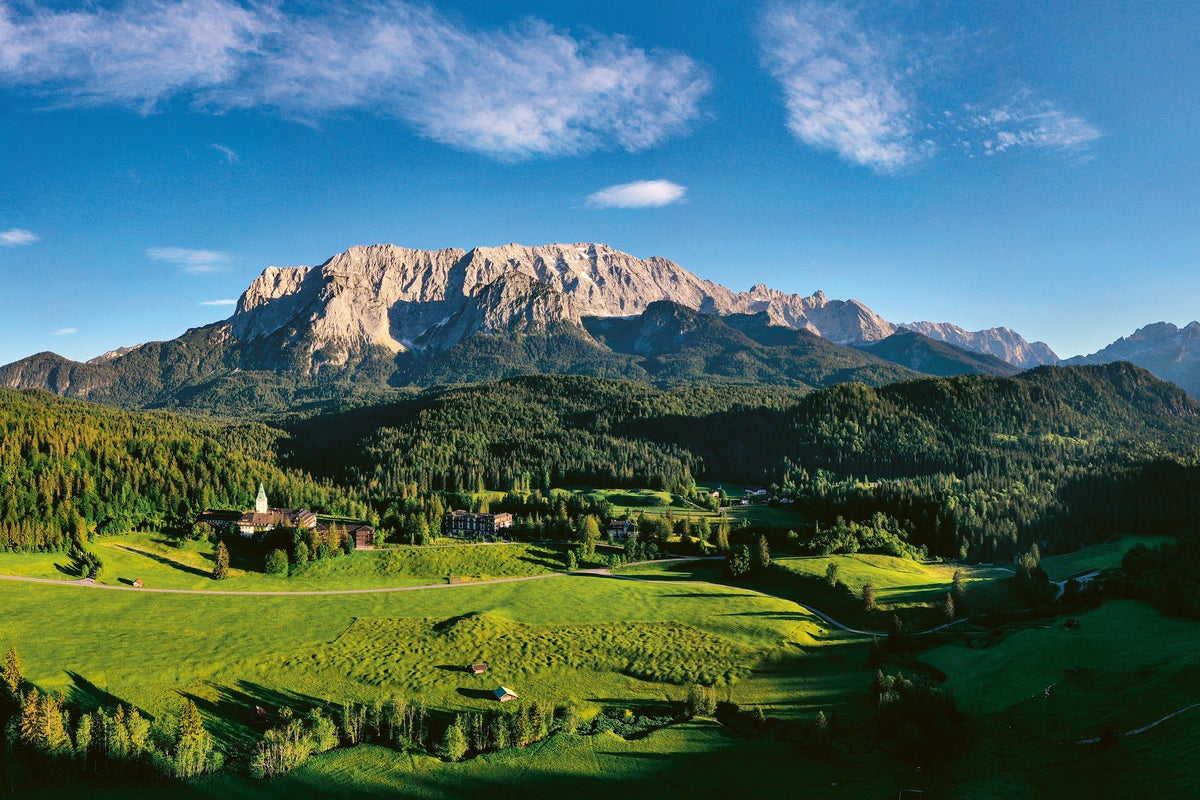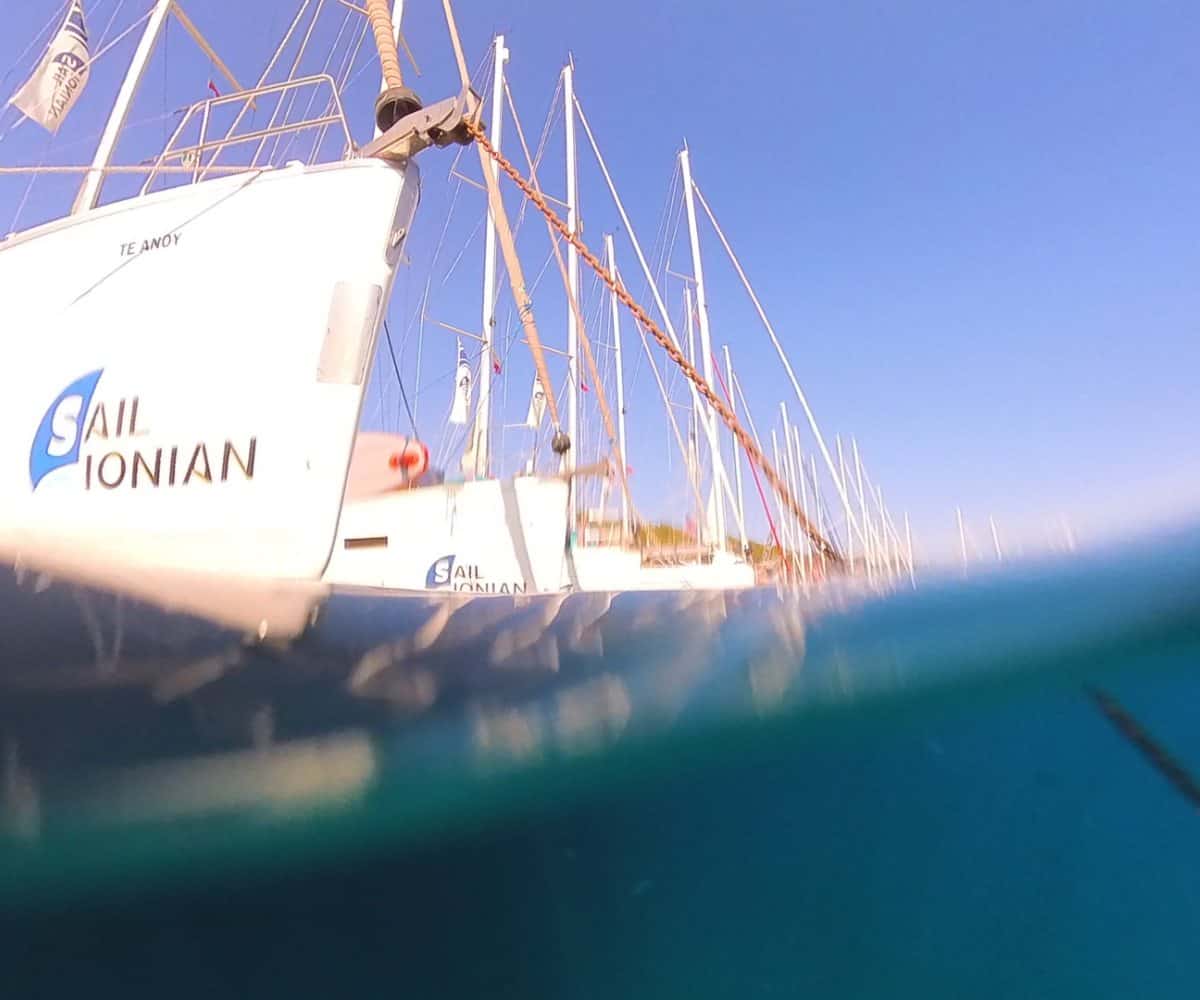Five cultural European city breaks that are still under-the-radar
Branch off the beaten track with our pick of the best under-the-radar cities with cultural clout
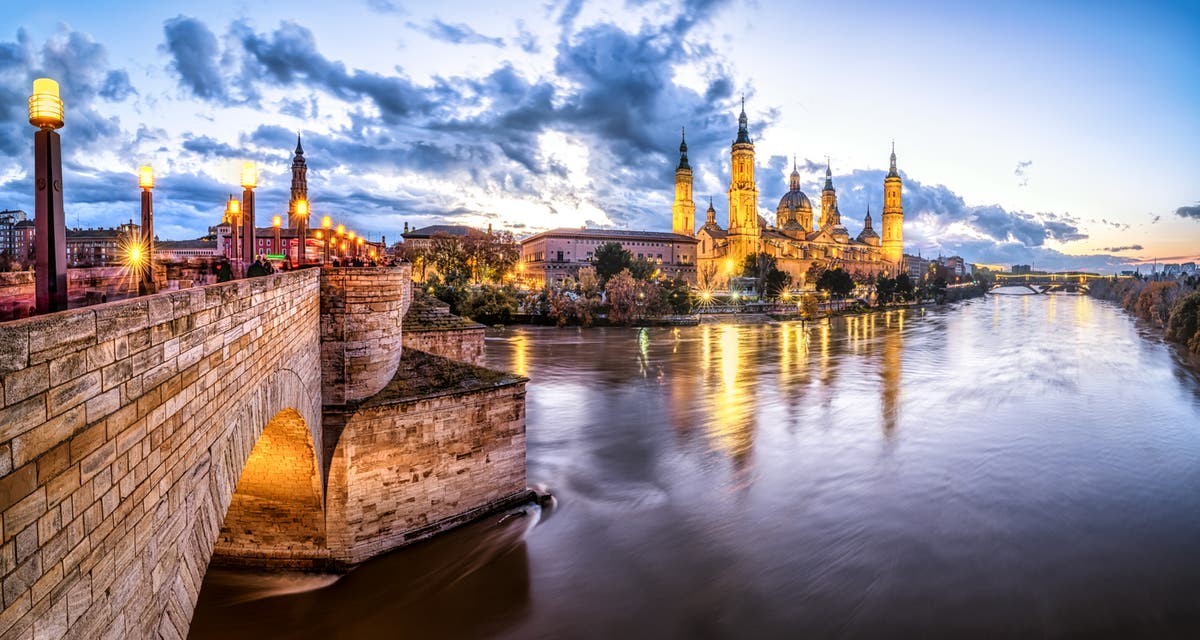

Sign up to Simon Calder’s free travel email for expert advice and money-saving discounts
Get Simon Calder’s Travel email
There’s a reason capital cities such as Paris, Amsterdam and Berlin continue to attract travellers from all over the world, but it can sometimes be worth your while to deviate from the classic city break blueprint.
Away from crowded landmarks, hectic backstreets and thronged downtowns, you could be strolling down boulevards without having to jostle for pavement space, gaily entering a museum without needing to book weeks in advance, or even just getting a seat in a restaurant or bar. Underrated bliss!
Destinations that haven’t fallen victim to overtourism are more likely to retain the original character that makes them so appealing to begin with, while they oftenoffer better value for money, plenty of opportunities to save, cheaper attractions and more space to breathe. It’s a win-win situation.
Best of all, such places are just a short flight or, even better, a train journey away.Read on for our selection of some of the best cultural European city breaks you might not have considered.
Antwerp, Belgium
Antwerp is the world’s fifth largest port
(Getty Images)
Fashionistas assemble. Antwerp, home of the international diamond industry, has also long been associated with the avant garde creations of the Antwerp Six, a group of six fashion designers – including Dries Van Noten and Ann Demeulemeester – who graduated from the city’s Royal Academy of Fine Arts in the 1980s. These designers changed the course of high fashion and their influence can still be felt throughout the city in pop-ups, boutiques and concept stores. Visitors looking to flex their plastic should make a beeline for Nationalestraat and Kammenstraat for up and coming designers and haute couture, while high-street and luxury labels are represented in Meir and Schuttershofstraat respectively.
Creativity continues to have currency in Antwerp, with the city’s Museum of Contemporary Art (known locally as M HKA) exhibiting visual arts, sculpture and video installations, while the thread of fashion continues over at MoMu, the city’s fashion museum, which reopened in 2022 after a four-year closure. Elsewhere, MAS – the Museum Aan de Stroom – is the city’s largest museum. This 60m high tower of galleries focuses on the global connectedness between people, while the city’s most famous son Peter Paul Rubens is celebrated at Rubenshuis, the 17th century family home of the Flemish baroque artist (currently under renovation). The cherry on top? After 11 years and a €100m refurbishment, Antwerp’s Royal Museum of Fine Arts finally reopened in autumn 2022.
Read more on Belgium travel:
As well as a cultural scene to rival other major European cities, Antwerp is also the home of two of life’s great pleasures: beer and chocolate. While the two aren’t always best enjoyed together, take the time to seek out at least one of the city’s “brown cafes” – cosy watering holes, a sort of Belgian version of a UK pub, characterised by dark wood with a host of Trappist beers to sample. Schol!
Read our reviews of the best Belgium hotels
Zaragoza, Spain
Zaragoza is one of the oldest cities in Spain
(Getty Images/iStockphoto)
Situated on the banks of the Ebro River, this historic city is the fifth largest in Spain. It’s home to two majestic cathedrals – the highlight being the Basílica de Nuestra Señora del Pilar – Renaissance-style palace houses, the fortified Islamic Aljafería palace, archaeological remains of Caesar Augusta, the Roman city on which Zaragoza was formed, and works by the leading 18th-century painter Francisco de Goya, who began his training in the city.
Read more about Spain travel:
In addition to these architectural and historical wonders, the city is also home to one of the best tapas and bar scenes in the country. The El Tubo area, a network of streets that formspart of the historic quarter, is the most renowned spot for sampling some of the region’s culinary delights, but part of the joy of Zaragoza is simply strolling along the streets and taking a gamble on one of the many bars that characterise the city. Don’t forget to try the ternasco (baby lamb meat), a local delicacy, washed down with a glass of the local vino.
Read our reviews of the best Spain hotels
Kotor, Montenegro
Kotor dates back to Roman times
(Getty Images/iStockphoto)
Skip the heaving hordes at Dubrovnik in Croatia and head for the pretty, fortified town of Kotor on Montenegro’s Adriatic coast instead. Surrounded by the brooding mountains of the Dinaric Alps, Kotor is a glorious medieval maze of museums, churches and palaces.
Read more about Montenegro travel:
Characterised by winding cobbled streets, the Old Town is a designated Unesco World Heritage Site and packed with Venetian buildings. Getting lost here is lots of fun, but if you fancy stretching your legs a little more and taking in some stellar views, hike the Ladder of Kotor, an old military trail where you’ll be rewarded with superb views over the coastline and the Bay of Kotor. You can also take a detour and take in San Giovanni Fortress, where you can explore the ruins of a 14th century castle. Elsewhere, check out St Tryphon’s Cathedral, hop on a boat tour, and don’t forget to pet the cats who have become the town’s unofficial mascots.
Rotterdam, Netherlands
Rotterdam lies just 40 minutes away from Amsterdam by train
(Getty Images)
People heading for the Netherlands often get their heads turned by outrageously popular capital Amsterdam, Keukenhof for the quintessential tulip spotting, or Unesco-listed Kinderdijk for its historic windmills. But travellers looking for a cultural hit in a vibey but rarely overcrowded city should swerve these overdone destinations and make a beeline for the country’s second city instead.
Read more on Netherlands travel:
Accessible via direct Eurostar from London, Rotterdam would be worth a visit for its architecture alone; after being heavily bombed in WWII, the city was built anew in a range of styles, and today there are a number of tours just dedicated to its eclectic buildings. Expect everything from traditional 17th century gabled buildings to 1970s cube houses and 21st-century masterpieces such as Markthal, a distinctive horseshoe shaped food hall and apartment complex from starchitects MVRDV. Visit in June and you’ll catch Rotterdam Architecture Month, when an even brighter light is shone on the city’s distinct urban style. Last year’s line-up – the theme of which was ‘Liquid City’ – included a floating festival in the Maashaven area, with three barges linked by a footbridge that will act as a park, sports playground and events space.
There’s also Rotterdam’s Rooftop Days Festival in May and June, an annual event replete with rooftop concerts, camping, dining and dancing.For an art fix, Museumpark is home to Kunsthal Rotterdam, a contemporary space celebrating modern works. But best in show has to go to The Depot, the world’s first publicly accessible art depository, which houses the Boijmans Van Beuningen’s vast collection of Dutch works while the water-logged museum is being remodelled.
For those looking to wander and explore, the area around Blaak station and the riverside around the Hotel New York are atmospheric in the day time. The streets around Witte de Withstraat, on the other hand, come alive in the late afternoon and on into the early morning.
Read our reviews of the best hotels in the Netherlands
Timisoara, Romania
Records of Timisoara go back to 1212
(Getty Images)
There’s every chance you haven’t heard of Timisoara, Romania’s historic third city in the west of the country. But you should: in 2023 it was crowned one of three European Capitals of Culture. The title saw the city run a busy programme of cultural events under the banner “Shine your light! Light up your city!” Art exhibitions, book and vintage fairs, installations and classical music performances were all on the cultural agenda (many of which have carried on into early 2024, with funding currently in place for extensions to other parts of the cultural programme).
Read more on Romania travel:
Outside its artsy offering, Timisoara has a wealth of baroque buildings and handsome Secessionist architecture lining historic squares to discover – plus, in spring and summer, some big-hitting musical festivals, including Timişoara Muzicală Festival (classical concerts and opera), JazzTM (jazz) and the Plai (world music).

 ShanonG
ShanonG 







